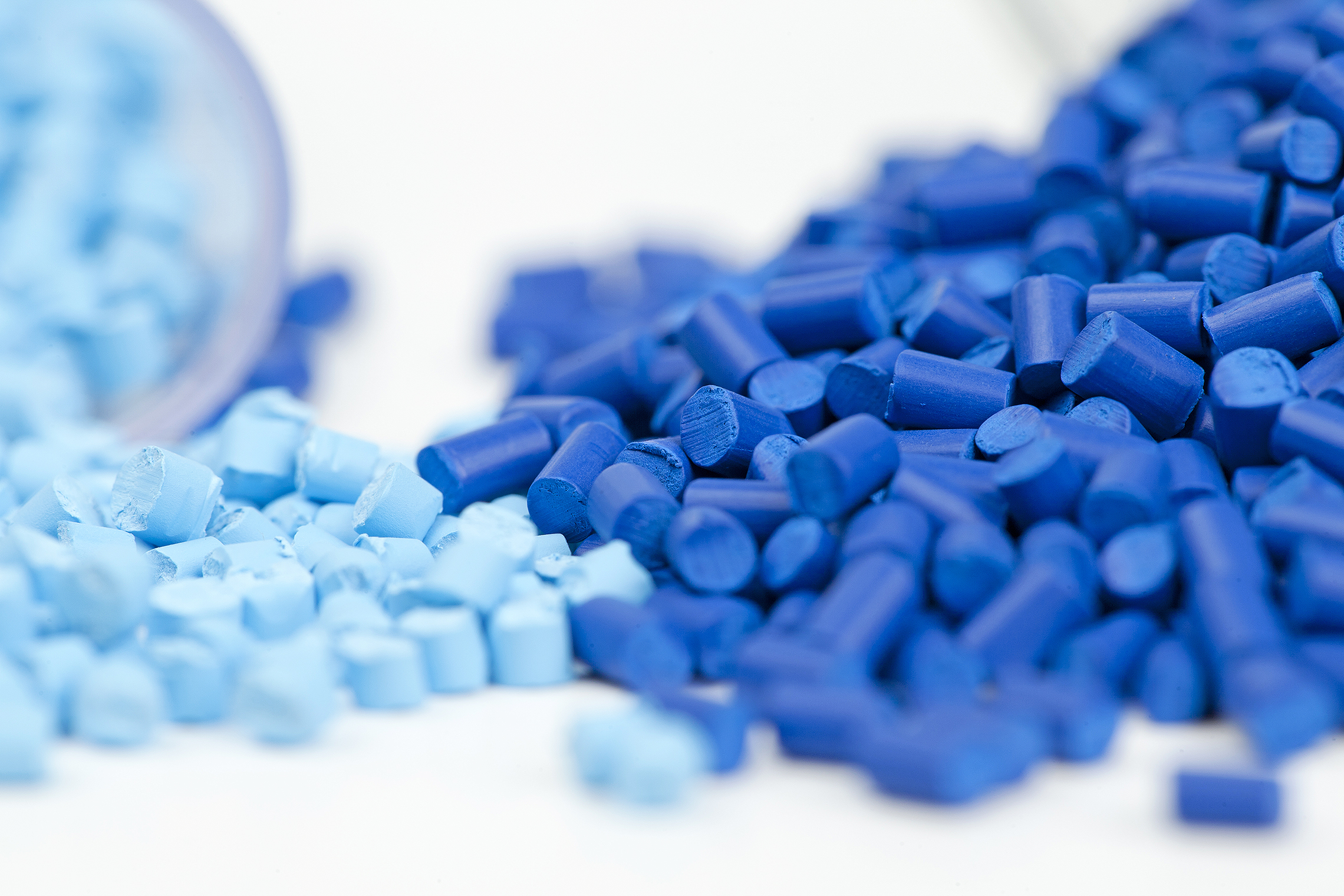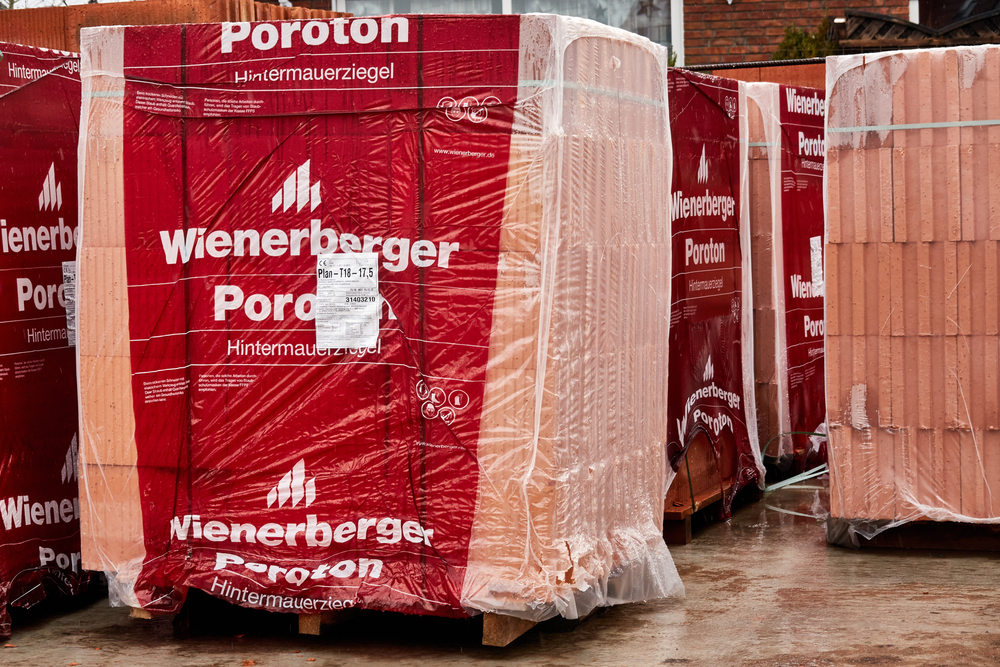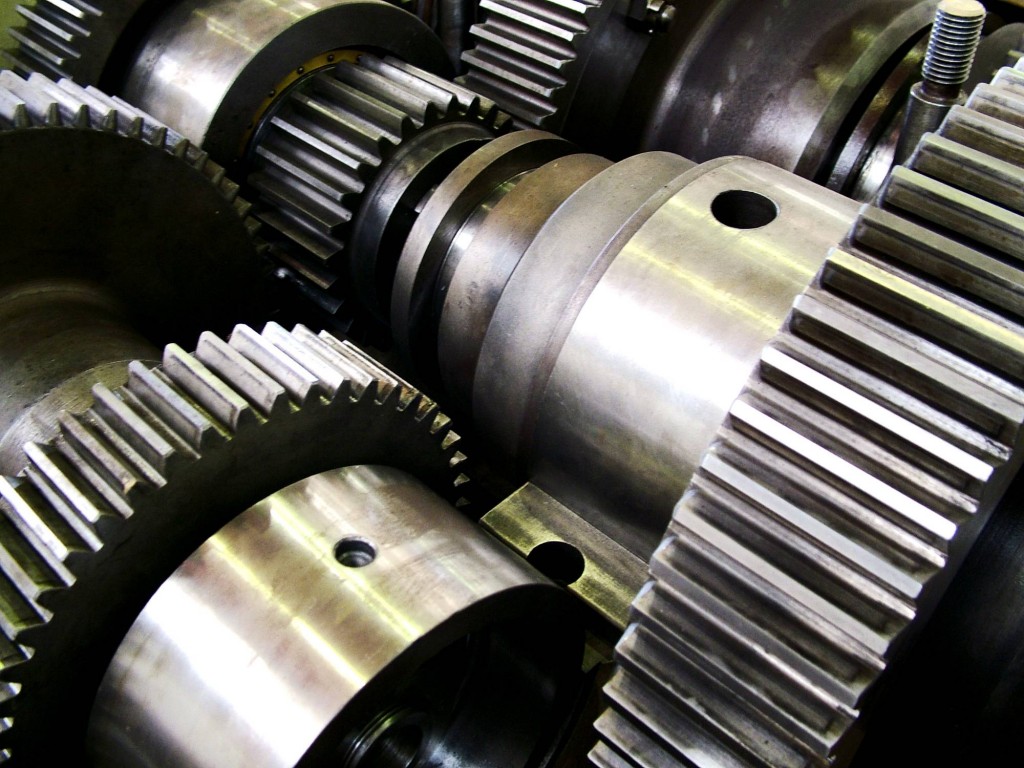Diversification key to Jász-Plasztik’s Success

Close up of plastic granules used for molding.
Photo by DJ Srki / Shutterstock.com
Combining the agility of a family-run company with the leverage of a large corporation, Jász-Plasztik Kft. is present in many markets and industries, which is one key to its success.
Family-owned businesses are a special breed in Hungary. Most started in the last days of socialism in the late 1980s and took off after the change of the regime when markets opened.
Despite being run by families, they are among the top earners in the domestic market, with several having solid foreign traction. Jász-Plasztik Kft. is one of these.
Established three and a half decades ago, the small cooperative has grown into one of the wealthiest firms in the country and has been in the top 10 list of Hungarian businesses for many years. Lajos Kasza, founder and owner of Jász-Plasztik Kft., was ninth on Forbes’ list of the 50 richest Hungarians last year, with an estimated wealth of HUF 116.9 billion.
The list of activities the group deals with is rather long: from electrical equipment and battery manufacturing to plastic processing, recycling, and customs clearance. It is also a motor vehicle supplier and new parts merchant wholesaler.
Still run by the family, Jász Plasztik started from a “stable.” Kasza worked at the industrial branch of the local producers’ cooperative at Jászberény until 1986, when he left and founded a small cooperative with his cousin.
Already dealing with a number of activities, they produced trailers, carried freight, renovated houses, and undertook several tasks involved in plastic production.
Self-designed
“We didn’t have the money to buy a new injection molder, so we designed one,” he said in an interview. They supplied units for a furniture factory at Zalaegerszeg (225 km southwest of Budapest by road) and had orders from a glass factory at Salgótarján (111 km northeast).
They also started to manufacture plastic parts for motorbikes. Pooling all the resources from all these efforts, by 1990, they had the finances to purchase the premises of the agricultural producers’ cooperatives at Necső (90 km east of the capital), where Jász Plasztik Kft. operated.
Following this build-up process, the company took off in the mid-’90s with the arrival of multinational firms. Among the company’s clients were Samsung, Electrolux, and Sony. In 1996, the company bought the battery factory at Sülysáp (46 km east of Budapest) and started manufacturing entire batteries. It was producing other items too, for example, the materials needed for the packaging of TVs and refrigerators (EPS production).
Gradually, the firm expanded into other business lines, such as building insulation. Indeed, the production of thermal insulation and plaster has become a significant business among the activities of Jász-Plasztik.
The continued expansion of large multinational companies (MNCs) brought some challenges for the firm. MNCs move fast, looking for the most cost-effective solutions, and the company had to keep up with them.
At the request of its customers, it established a plant in Galanta, Slovakia in 2001, and, back in Hungary, in Nyíregyháza (237 km to the east) in 2006, through a partnership with Electrolux. It also expanded into Romania.
In addition to producing and processing plastic and other tools, a subsidiary founded in 1996 sells and services cars. Initially, it dealt with the Mercedes and KIA brands; later, it added Suzuki and Mazda to the repertoire.
Standing on Many Legs
Selling different category autos paid off as with the global financial crisis, demand for lower-priced makes dropped, but sales of higher category ones increased. The plastics business also began to manufacture automotive components. It has always been a critical aspect of the company’s strategy to stand on its own two feet to avoid indebtedness.
The majority of the profits generated are plowed back into the business. It was no different last year either. The pandemic did not seem to shake the company, which ended 2020 with a HUF 14.2 billion profit, of which some HUF 1 billion was free for dividend, while the majority was reinvested, Forbes.com writes.
The main idea behind all these moves is diversification, avoiding dependence on one industry or activity. The company has also been careful not to have too much exposure to MNCs.
Besides all of the above, what makes Jász-Plasztik efficient is the way it operates. The family and the management can make a decision relatively quickly compared to similar size multinationals where the “chain of command” is usually more rigid and can be more distant.
“What takes a multinational a year, we decide on in three days,” Kasza said in an interview with the Budapest Stock Exchange last year. To be able to do that, it needs reserves, he adds.
“It is like driving. We must look further ahead than what is right in front of us. We plan 3-5 years ahead; still, if we have to change direction, we are quick to react.”
Since workforce and energy will likely be tight (and possibly not as cost-effective), the company has started introducing automation and robotization into the manufacturing process, like many of its peers. It has also become greener; it has installed and now covers part of its energy needs through solar panels.
The next generation of the family has been introduced successfully into the business, with the “youngsters” managing separate factories and production centers. Looking to the future, they will also have a big say in the future of Jász-Plasztik.
“It is up to them, whether or not the company is going public,” Kasza says.
This article was first published in the Budapest Business Journal print issue of July 16, 2021.
SUPPORT THE BUDAPEST BUSINESS JOURNAL
Producing journalism that is worthy of the name is a costly business. For 27 years, the publishers, editors and reporters of the Budapest Business Journal have striven to bring you business news that works, information that you can trust, that is factual, accurate and presented without fear or favor.
Newspaper organizations across the globe have struggled to find a business model that allows them to continue to excel, without compromising their ability to perform. Most recently, some have experimented with the idea of involving their most important stakeholders, their readers.
We would like to offer that same opportunity to our readers. We would like to invite you to help us deliver the quality business journalism you require. Hit our Support the BBJ button and you can choose the how much and how often you send us your contributions.









